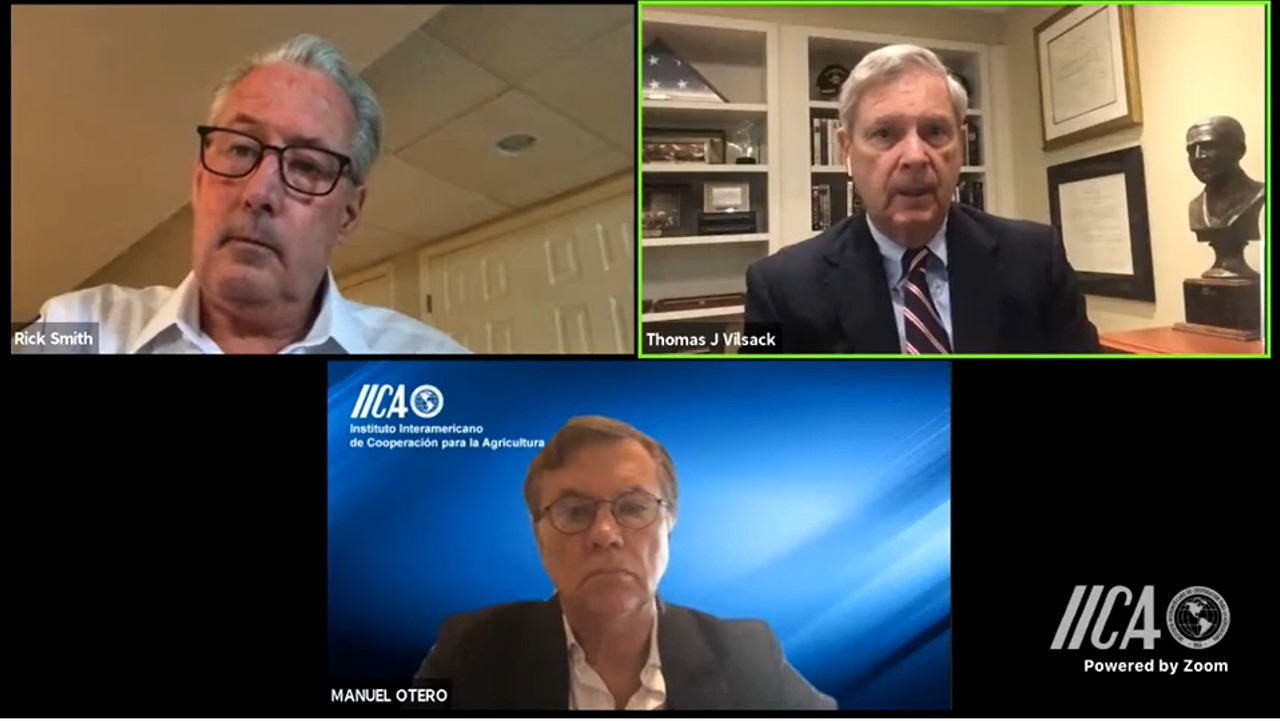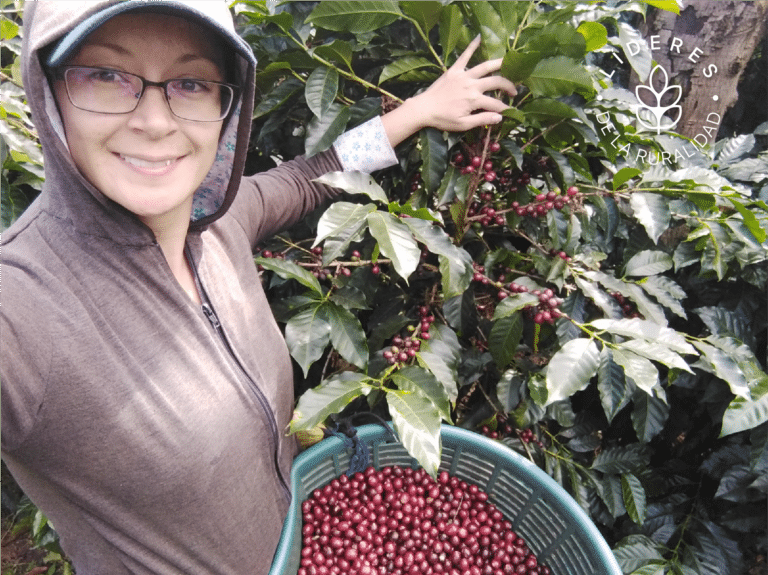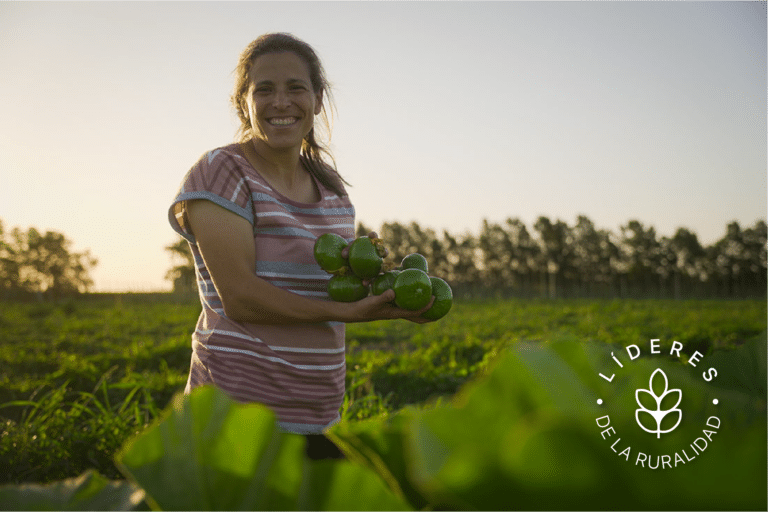Tom Vilsack, exsecretario de Agricultura de EE. UU.; Rick Smith, Presidente de la Plataforma Global de Productos Lácteos; y Manuel Otero, Director General del IICA, resaltaron el papel de esta industria para la sana alimentación, la nutrición y el desarrollo socioeconómico del hemisferio.

San José, 28 de agosto, 2020 (IICA). Los productos lácteos son clave para la alimentación mundial por sus beneficios en la salud de las personas, un hecho puesto en evidencia por la actual pandemia de covid-19 y que vuelve aún más necesario que los actores del sector trabajen juntos para fortalecer su sostenibilidad y crear un sistema alimentario más resiliente.
Con este objetivo ya hay camino recorrido en el hemisferio, de acuerdo con Tom Vilsack, exsecretario de Agricultura de Estados Unidos y CEO del Consejo de Exportación de Productos Lácteos de ese país (USDEC, por sus siglas en inglés): “En los últimos 15 años, para producir un galón de leche en EE. UU. estamos usando 30 % menos agua, 20 % menos tierra y hemos reducido nuestras emisiones en un 19 %”, informó.
En un webinar organizado por el Instituto Interamericano de Cooperación para la Agricultura (IICA), la Plataforma Global de Productos Lácteos (GDP, por sus siglas en inglés) y USDEC, se analizó el rol fundamental de los lácteos en el desarrollo socioeconómico mundial y los avances hacia una producción más responsable y sostenible.
El diálogo estuvo encabezado por Vilsack, el presidente del Consejo de la GDP y de los Productores Lácteos de América, Rick Smith; y el Director General del IICA, Manuel Otero.
“Esta iniciativa es importantísima para explicarle al mundo qué está haciendo la industria de lácteos para alimentar a las personas, en términos de una buena nutrición, y para crear oportunidades económicas”, dijo Vilsack.
La industria de lácteos en el mundo está compuesta de 1.000 millones de personas. “600 millones están en fincas de ganado lechero y otros 400 millones en la industria, ya sea recolectando la leche o en cualquier otra actividad asociada”, comentó Smith.
“La gente ha redescubierto los beneficios nutricionales, la asequibilidad y el buen sabor de los lácteos. Además, seguimos mejorando la forma en que producimos de manera ambientalmente sana y responsable y trabajamos duro contra el cambio climático. Hemos hecho un gran avance reduciendo nuestras emisiones globales de gases de efecto invernadero, aunque falta mucho por hacer”, añadió.
Aportes sustanciales
En el seminario se detalló que los productos lácteos contienen muchos nutrientes infraconsumidos y que son una fuente de proteínas de la más alta calidad en la dieta humana.
Se indicó que su consumo se vincula con un menor riesgo de enfermedades como diabetes tipo 2 e hipertensión, con una mejor densidad mineral ósea en niños y adolescentes y con beneficios cardiovasculares y musculares, aparte de mejorar la función inmunológica.
A nivel socioeconómico, se expuso que cerca de 800 millones de personas que viven en zonas rurales dependen de la cría de ganado y que el sector ganadero responde por un 46 % del PIB agrícola de Latinoamérica.
Otros de los efectos positivos de la industria láctea están vinculados con la reducción de la pobreza a nivel familiar y comunitario, el desarrollo socioeconómico y la creación de empleo.
“El IICA está colaborando para mejorar el conocimiento global y el entendimiento del rol tan importante de los lácteos para el desarrollo económico, social, nutricional y ambiental de las Américas y del mundo. Son vitales para la nutrición humana y la seguridad económica”, apuntó el Director General del organismo hemisférico especializado en agro y ruralidad, Manuel Otero.
Agregó que son fundamentales las regulaciones basadas en ciencia para apoyar la seguridad y la salud de los consumidores, así como políticas que permitan mejoras tecnológicas a la vez que se preserva la integridad de los productos lácteos.
Lo abordado en el webinar será compilado en una publicación del IICA que se presentará en la Cumbre sobre los Sistemas Alimentarios, prevista por la Organización de las Naciones Unidas (ONU) para sensibilizar a la opinión pública y entablar compromisos que transformen dichos sistemas, con el fin de erradicar el hambre y reducir la incidencia de enfermedades relacionadas con la alimentación deficiente.
También intervinieron en el seminario web -por parte de la GDP- Mitch Kanter, director técnico; Brian Lindsay, líder del sector para la Sostenibilidad y secretario del Marco para la Sostenibilidad de los Productos Lácteos; y Ernesto Reyes, líder del Sector de Desarrollo.
Esta lista la completaron Frank Mitloehner, profesor de la Universidad de California, Davis; Emily Stepp, vicepresidente de Farmers Assuring Responsible Management (FARM); y Jamie Jonker, vicepresidente de Sostenibilidad y Asuntos Científicos de la National Milk Producers Federation (NMPF).
El evento, las presentaciones y más información sobre el webinar está disponible aquí.
Más información:
Horrys Friaca, especialista internacional del Programa de Sanidad Agropecuaria e Inocuidad de los Alimentos (SAIA) del IICA.
horrys.friaca@iica.int










